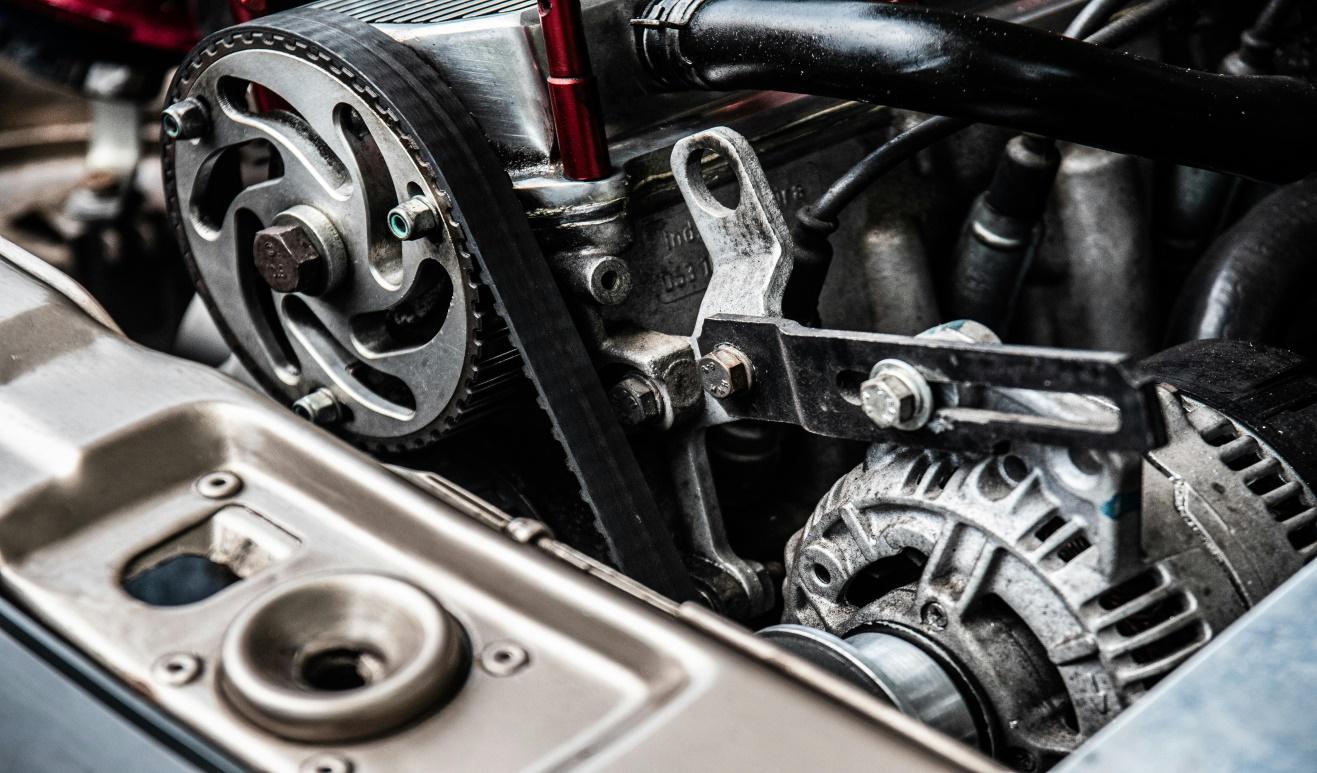The Hyundai G4NC engine is a key component in several popular Hyundai vehicles, known for its solid engineering, reliable performance, and fuel efficiency. Whether you’re a car enthusiast, a vehicle owner looking to extend the life of your Hyundai, or considering an engine replacement, understanding how this engine works—and why a reconditioned option is a smart choice—can help you make better decisions.
This article provides an in-depth look at the Hyundai G4NC engine, its features, applications, and the advantages of choosing a reconditioned version when replacement becomes necessary.
What is the Hyundai G4NC Engine?
The G4NC is a 2.0-litre naturally aspirated inline-four engine. It belongs to Hyundai’s “Nu” engine family and is designed with fuel efficiency, low emissions, and smooth performance in mind. It uses gasoline direct injection (GDI) technology to deliver power efficiently while maintaining good fuel economy.
Key Specifications:
- Engine Type: Inline-4, DOHC
- Displacement: 1999 cc (2.0L)
- Fuel System: Gasoline Direct Injection (GDI)
- Max Power: Around 152 hp (varies slightly by model)
- Torque: Approximately 192 Nm
This engine is best known for its balanced combination of performance and economy, making it a reliable choice for everyday drivers.
Vehicles Powered by the G4NC Engine
The Hyundai G4NC engine is commonly found in the following models:
- Hyundai Tucson: Offers a smooth, responsive ride and is ideal for both city and highway driving.
- Hyundai i30: A compact yet powerful vehicle where the G4NC delivers solid everyday performance.
- Hyundai Elantra (select models): Uses the same engine for an efficient and comfortable commute.
If you drive one of these vehicles and are facing engine trouble, replacing it with a reconditioned Hyundai Tucson engine or Tucson G4NC engine is a cost-effective solution to restore your car’s performance.
Why Choose a Reconditioned G4NC Engine?
When your engine starts failing, you typically have three options: repair, replace with a used engine, or install a reconditioned engine. For many Hyundai owners, the third option makes the most sense.
1. Restored to Factory Condition
A reconditioned G4NC engine is thoroughly rebuilt using high-quality parts and strict procedures. The process includes:
- Disassembling the engine
- Inspecting and cleaning every component
- Replacing worn or damaged parts (pistons, bearings, valves)
- Rebuilding to original manufacturer specifications
- Testing for performance and durability
This results in an engine that performs like new, but at a fraction of the cost of a brand-new engine.
2. Better Than a Used Engine
Used engines are risky. You don’t know their history or condition. They often come from vehicles that were scrapped due to accidents or other issues. In contrast, a reconditioned Hyundai engine is tested, verified, and guaranteed to perform reliably.
3. Environmentally Responsible
By refurbishing and reusing an existing engine, you’re reducing waste and lowering the environmental impact. It’s a sustainable option that keeps usable materials out of landfills.
4. Reliable Performance
Reconditioned G4NC engines are known for their long-lasting reliability. Whether you’re driving a Hyundai Tucson or i30, a rebuilt engine can deliver years of consistent, smooth operation.
Common Issues with G4NC Engines
Like any engine, the G4NC can develop issues over time, especially if routine maintenance is ignored. Here are some common problems to watch out for:
- Oil consumption: This engine may start consuming more oil as it ages.
- Carbon buildup: GDI engines can suffer from carbon buildup on the intake valves.
- Overheating: Often due to coolant leaks or a faulty thermostat.
- Timing chain wear: A loose or worn timing chain can affect engine timing.
If you are experiencing these issues and repairs no longer seem effective, a reconditioned Hyundai engine may be your best option.
What to Look for in a Reconditioned Hyundai G4NC Engine
When considering a Tucson G4NC engine or a Hyundai engine reconditioned from another model, make sure it meets certain quality benchmarks:
- Rebuilt to OEM specifications
- New components for critical systems
- Fully tested before installation
- Warranty-backed (ideally with a minimum coverage period)
Also, always buy from a specialist who focuses on Hyundai engines. Their experience ensures that the rebuild process is accurate, precise, and thorough.
Installation Tips and Post-Replacement Care
Once your new engine is installed, following the right care practices will ensure it lasts long:
- Break-in Period: Drive gently for the first 1000 km—avoid heavy loads and high speeds.
- Regular Oil Changes: Use the recommended oil and change it at regular intervals.
- Monitor Coolant and Fluids: Keep your cooling system in excellent shape.
- Check Engine Lights Promptly: Don’t ignore any warning signs from your dashboard.
- Avoid Cheap Fuel: Poor-quality gasoline can cause long-term engine issues, especially with GDI systems.
A properly maintained reconditioned engine can often last just as long, or longer, than a brand-new factory engine.
Who Should Consider a Reconditioned Hyundai Tucson Engine?
A reconditioned G4NC engine is perfect for:
- Owners of older vehicles with high mileage
- Drivers experiencing ongoing engine trouble
- Fleet vehicle managers seeking cost-effective upgrades
- Mechanics or rebuild shops sourcing reliable replacement engines
If your Tucson engine is failing and you’re looking for a Tucson G4NC engine, opting for a reconditioned one helps maintain performance without overspending.
Final Thoughts
The Hyundai G4NC engine is an essential part of some of the most trusted Hyundai models. When problems arise, and repair costs keep mounting, replacing it with a reconditioned engine offers the best mix of reliability, affordability, and performance.
Whether you’re driving a Tucson, i30, or another Hyundai powered by the G4NC engine, choosing a Hyundai engine reconditioned by professionals ensures your vehicle continues to deliver dependable service for years to come. It’s a smart move for anyone looking to restore engine power without compromising on quality.
